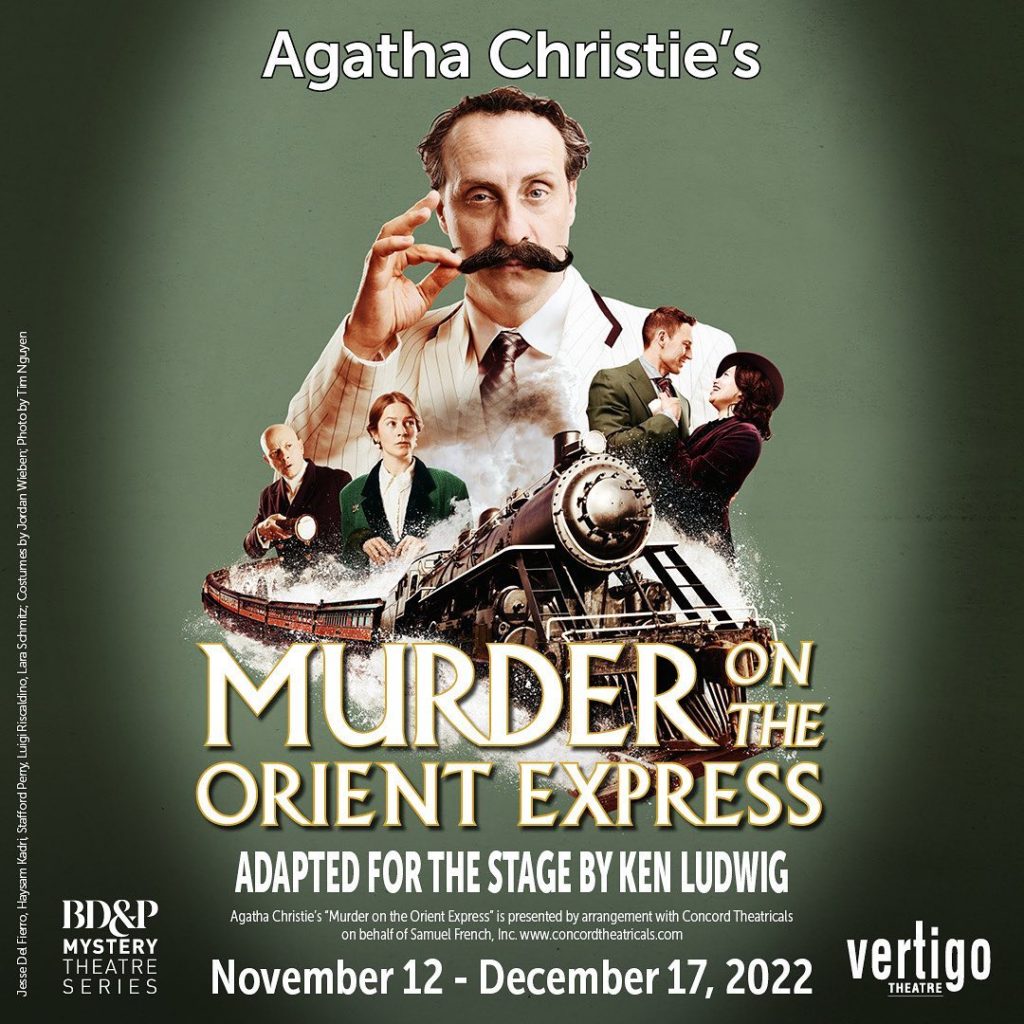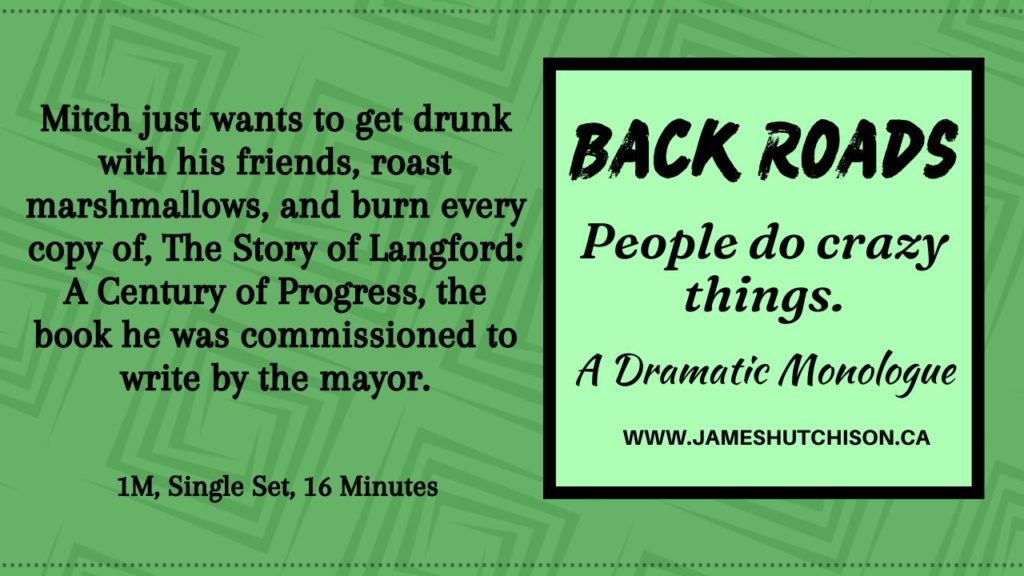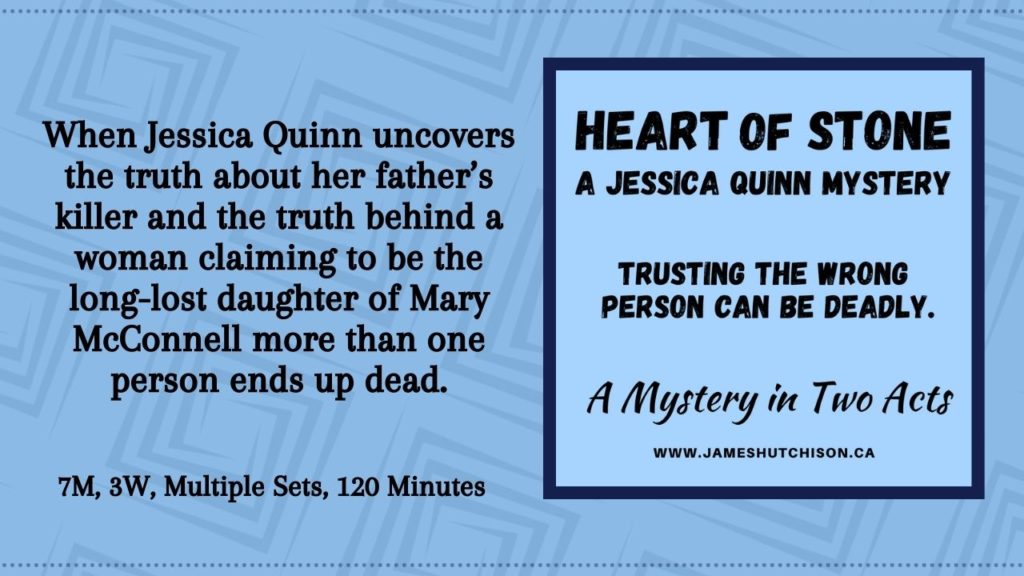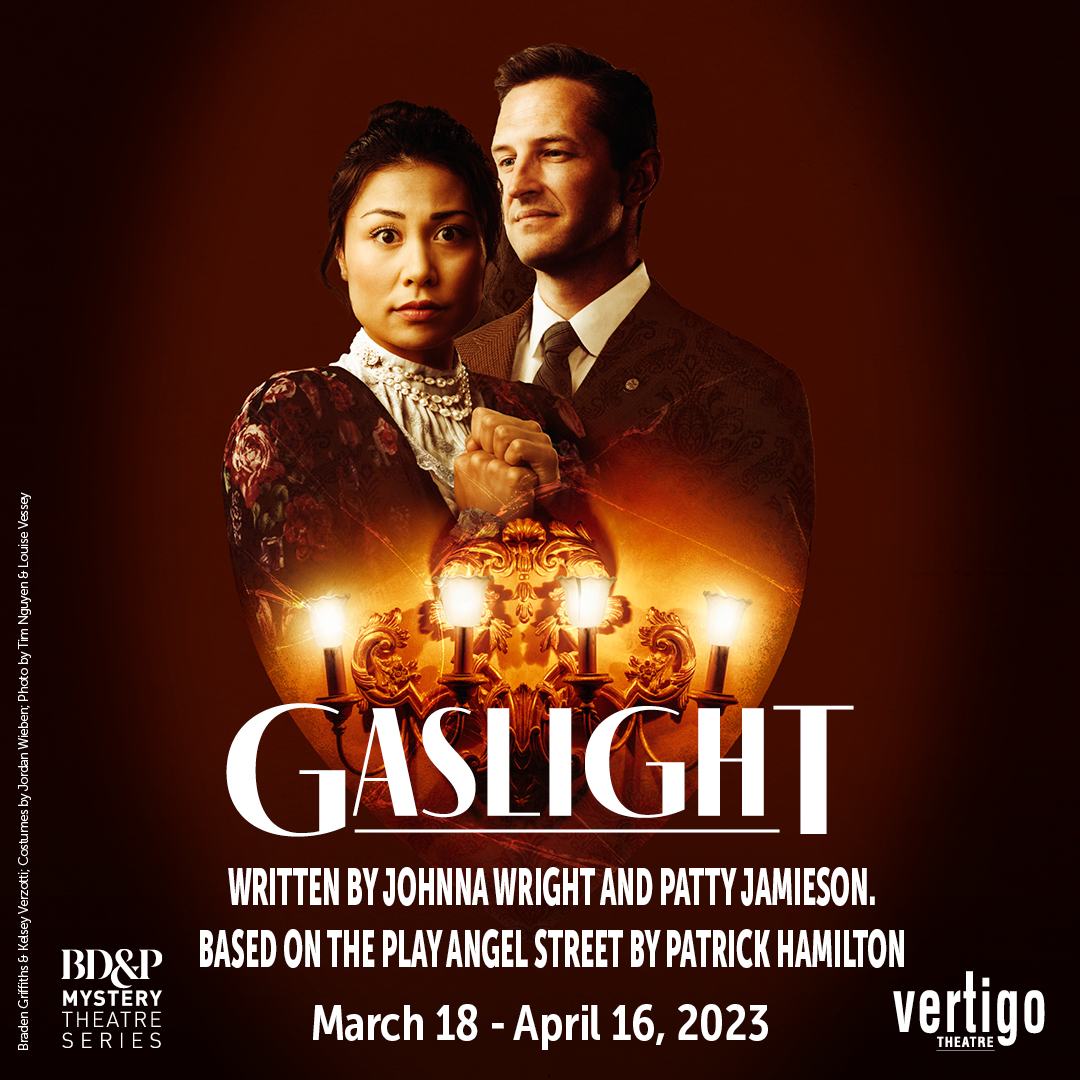
Vertigo Theatre presents a highly entertaining and suspenseful production of Gaslight by Johnna Wright and Patty Jamieson based on the play Angel Street by Patrick Hamilton. Bringing the play to life is a terrific cast including Kelsey Verzotti as Bella, Braden Griffiths as Jack, Valerie Planche as Elizabeth, and Hailey Christie-Hoyle as Nancy. The production is directed by Jack Grinhaus and delivers plenty of mystery and suspense.
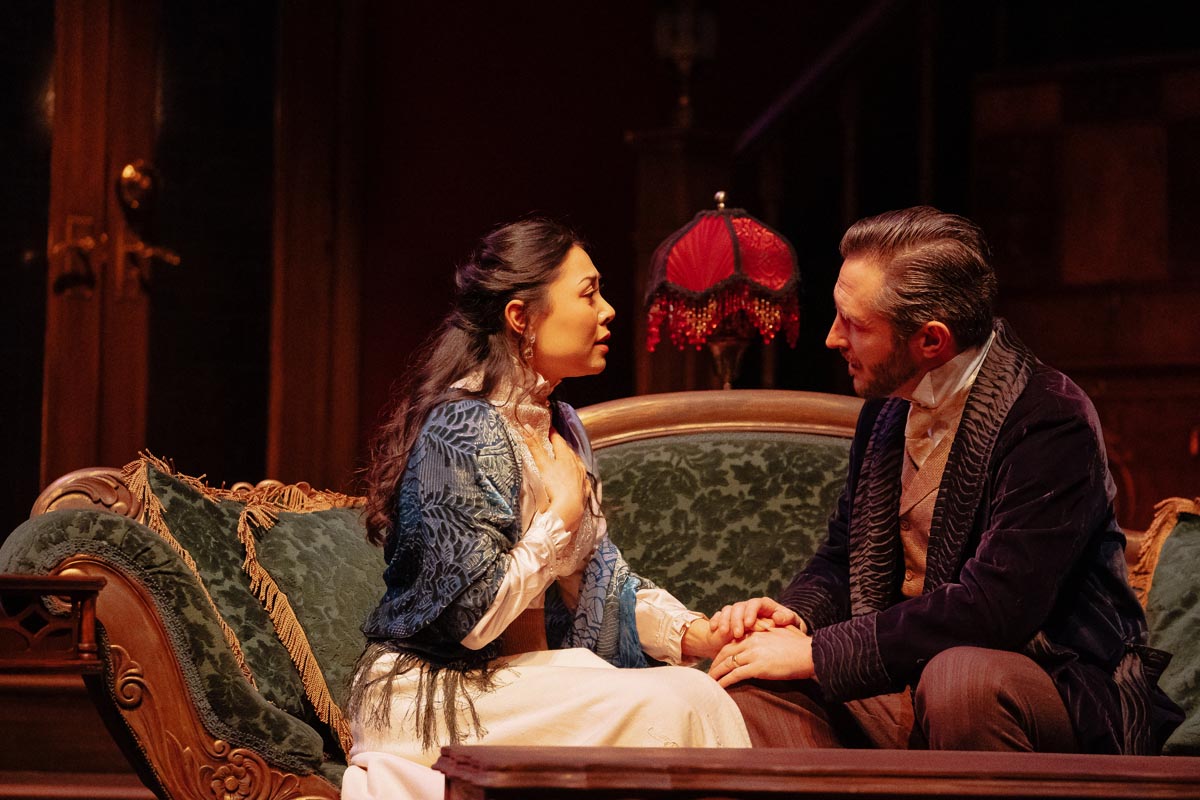
All devoted husband Jack Manningham wants is for his wife Bella to get well. Ever since moving into their new home in London Bella has experienced a number of episodes that have made her doubt her own sanity. Items disappear, noises are heard, and the gaslight dims on its own. Jack enlists the help of Elizabeth the housekeeper and the new maid Nancy to make sure that Bella gets the rest and quiet she needs in order to recover. But things aren’t exactly as they seem and as layers of the story are revealed – including the disturbing history of the house – Bella must figure out what’s really going on before things turn deadly.
I spoke with the director of Gaslight Jack Grinhaus about the play, his role as Artistic Director of Vertigo Theatre, and what fictional detective he’d want to clear his name if he’d been wrongly accused of murder.
JAMES HUTCHISON
So, Gaslight takes place in Victorian London. There are mysteries at play and sinister forces at work. Tell me about your production of Gaslight and what audiences can expect from spending a night with Bella and Jack.
JACK GRINHAUS
It’s a great classic thriller but because of this new adaptation it feels very present and modern. There’s this woman who feels isolated in her home and I think we’ve all known what that feels like over the last few years, and she’s in a relationship she can’t understand, and she is confused about herself. And in this new adaptation, Bella is the agent of her own freedom, as opposed to the original script which had a detective come in and help solve the puzzle. All three women in the story are extremely strong actors and characters and it’s been really exciting to work with them.
And I see the play very much as a superhero origin story because there’s this woman who starts off feeling like she can’t believe in herself. She doesn’t trust herself. She doesn’t trust the world around her. She thinks maybe something is going on in her mind, but as time progresses she’s like Neo in The Matrix. She starts to accept that she can actually expose all the truths of the story. And I think audiences will have a really great time following her because it’s from her point of view and while she’s being gaslit we’re gaslighting the audience as well with the way we’re staging the play and with the way we’re using the design elements.
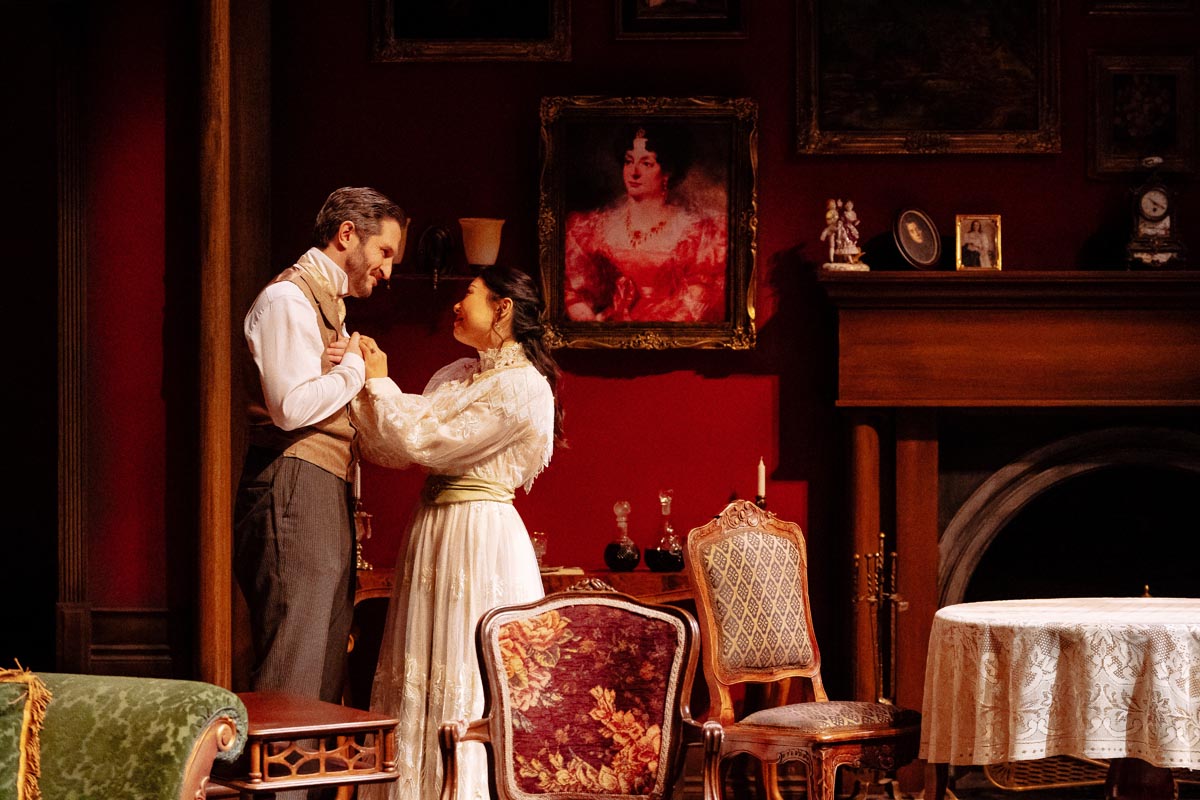
JAMES
Our perception of ourselves often depends on the feedback that we get from others.
JACK
Yes.
JAMES
How much of our identity do you think comes from what others reflect back to us?
JACK
Well, that kind of goes back to that existentialism, Sartre kind of idea, right? There’s no shame until we are witnessed by others. It’s a really intriguing question. I’m going to give you a little anecdote of me gaslighting myself recently.
During our run of Murder on the Orient Express, Haysam who starred as Poirot was doing the big Poirot finale. I was in my office. I was listening to the play on the program sound outside in the hallway.
I thought, “Okay, I’ll go down and see the applause and go talk to the audience after the show. I’ll just hang out in the office until then because I’ve seen it fifty times.” And I waited for a particular point in Poirot’s final monologue, where he speaks about one of the characters and he says, “Oh, she’s in a new play called No, No, Nanette on Broadway and she’s very successful.” And I went, “Okay, great. I’m going to head down.”
And I went downstairs, and I went into the theatre, and I slowly opened the door, and as soon as I walked in Haysam was on stage saying, “Oh, she’s in a new Broadway show called No, No, Nanette and she’s very successful.” And I went, “What the hell? How? Didn’t I just hear?” And I started to question myself. I went, “Oh, no. I must have only thought I’d heard that line.” And then I found out after the show that a woman had actually shouted in the audience and they’d stopped the show. She thought her husband was having a medical emergency, but he actually just had his eyes closed and was listening.
So, they decided to restart the play and go back to the top of the monologue, and I walked out of my office and into the theatre at the same moment in Poirot’s final monologue missing all of what happened in between. I thought, “I must have lost my mind.” It was funny because why wasn’t my first instinct to think, “Oh, maybe something happened on stage, and they had to go back?” Instead, my first instinct was to think that there’s something wrong with me. I basically gaslit myself.
And I think people who are predators can really take advantage of that kind of thing. Knowing that people self-deprecate and blame themselves and their sense of shame and guilt is so high in relationship to other people that they doubt themselves. And it’s because we always want to please the people around us. That’s the secret weapon of the person who does the gaslighting.
JAMES
You’ve got Kelsey Verzotti as Bella, Braden Griffiths as her husband Jack, Valerie Planche as the housekeeper Elizabeth, and Hailey Christie-Hoyle as the new maid Nancy. What are some of the qualities this cast brings to their characters and to the telling of the story?
JACK
I’ve known Val for a long time. We’ve worked together in the past. And so, I knew Val and I knew her as a great rock in a company, a strength in a company. She’s a director as well, which I like as a director because you’ll get someone who’s looking at the big picture from the inside. And her great strength of character I knew would support some of the younger women in the show, Kelsey and Hailey, who are still new to a certain extent. They’ve both started to have burgeoning careers, but they’re still in the early stage of their career. And I thought here’s their first big chance at a really intimate big show here in Calgary. It’s good to have someone like Val who can keep them grounded and supported when needed and Val’s also such a strong actor that she brings up the people around her too.
And there’s something about Haley’s ability, even in her youth, to show great strength of character and independence. And that’s really great for her playing Nancy, who’s sort of an obstinate maid in the house who’s got her own game going. So, Haley right from the audition had this kind of maturity and wisdom that I felt was important for playing Nancy because Nancy is someone who probably came from the street, probably has a lot more street sense and streetwise than education and wealth because she came from nothing. And so, she has to have – even in her youth – this look in her eye that shows experience and life.
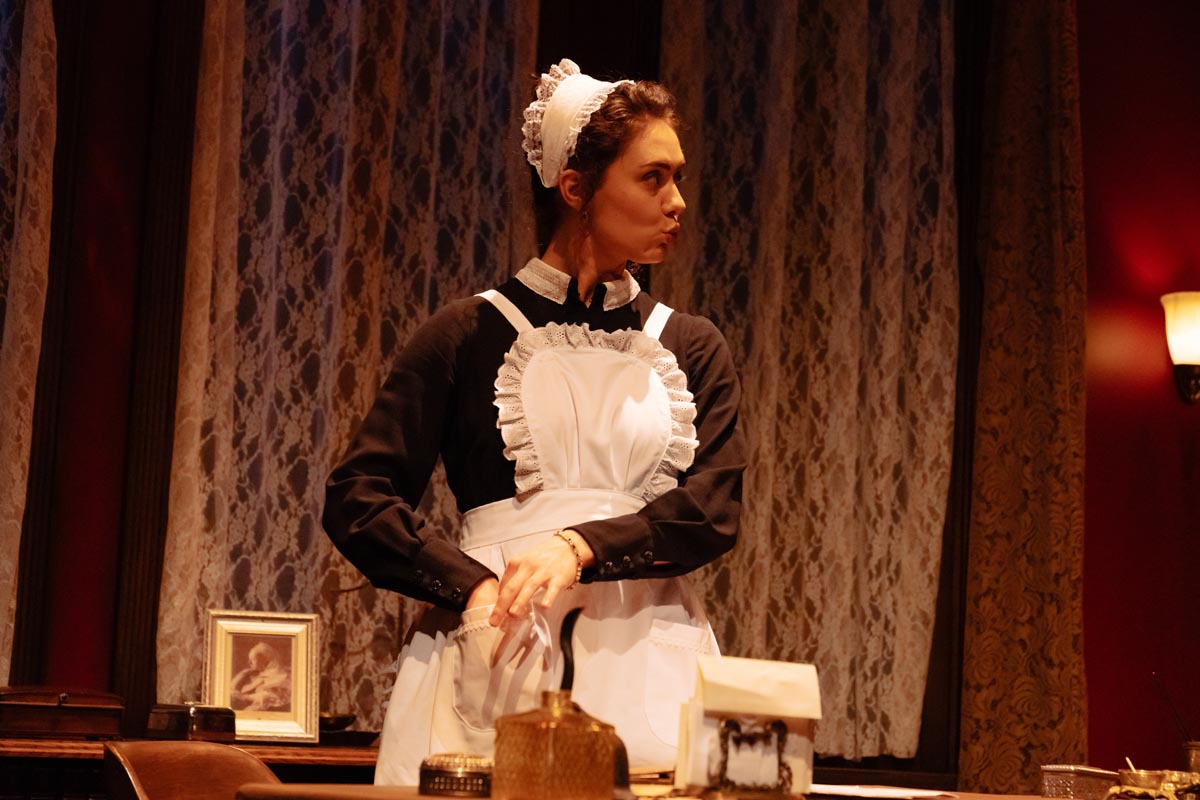
Braden is a brilliant actor and has always been the good guy in shows in Calgary. He’s never really been known as the bad guy. So, this is a great way to gaslight the audience by going, “Hey, look it’s the nicest guy in Calgary.” And I just think Braden’s such a strong actor bar none that his ability to play the ambiguity of Jack is really exciting because that’s really hard. It’s hard to direct an actor into ambiguity. And that’s what we need because you can’t totally know whether Jack is really the bad guy or not. And maybe he isn’t. You have to see the production to find out. And that ambiguity that Braden brings to the character keeps the audience guessing for as long as possible.
And Kelsey is such a strong, young actor who needs to be able to carry the weight of the show. She has this great sensitivity and emotional availability and vulnerability, but at the same time you can see there is a powerful spirit there, a strong human there. And that’s Bella. Bella is both. And oftentimes you’ll find actors who play one or the other better. Somebody who’s better at playing somebody who’s vulnerable and not as strong. And then other people can play someone with a hard edge but not as vulnerable. And Kelsey has this great balance flowing between those two worlds which is what we need to legitimately believe Bella’s journey. We need an actor who can be vulnerable and then finds the strength to empower themselves to success.
And the cast has really great chemistry and the second we had the first read we knew we nailed it. They all have these qualities that I perceived as important for the version we are telling of Gaslight.
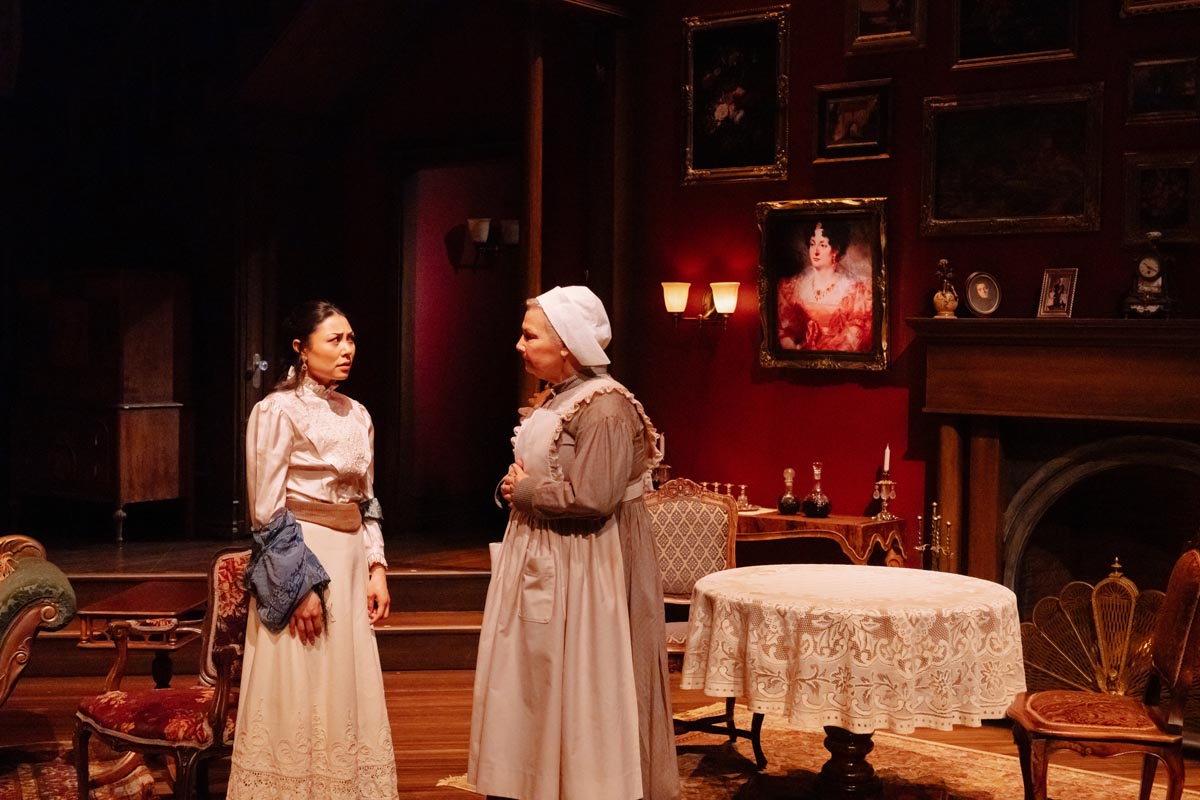
JAMES
The title of the play is Gaslight but in a greater sense we’re talking about betrayal. Being betrayed leaves a deep wound and it seems to be a common theme in a lot of plays and movies and books. Why do you think it is we like stories about betrayal?
JACK
Partly because we all understand it. We’ve all had a moment in our life where we’ve been gaslit. We’ve all had personal or professional relationships in business and in life where somebody has led us down a particular path and then pulled the rug out from under us. And I think we all know what a terrible feeling it is to go through that.
But I also think betrayal is part of the bigger picture of what we do at Vertigo, which is intrigue. I think most people in our world are honourable as humans. And for us, we’re fascinated by the underbelly of society. We’re fascinated with people who are willing to do things that we may not be willing to do. And so, you have television shows like Succession and even though these stories are dramas it’s really about the intrigue. It’s about trying to figure out why, how, and who in regard to the story. The thing about Vertigo is we lay so many breadcrumbs that our audiences are used to watching every blink, every chin movement, and every hand gesture. And so, I’m really marking those moments in the play, and I think the audiences love that. I think that we as humans love to solve puzzles and riddles.
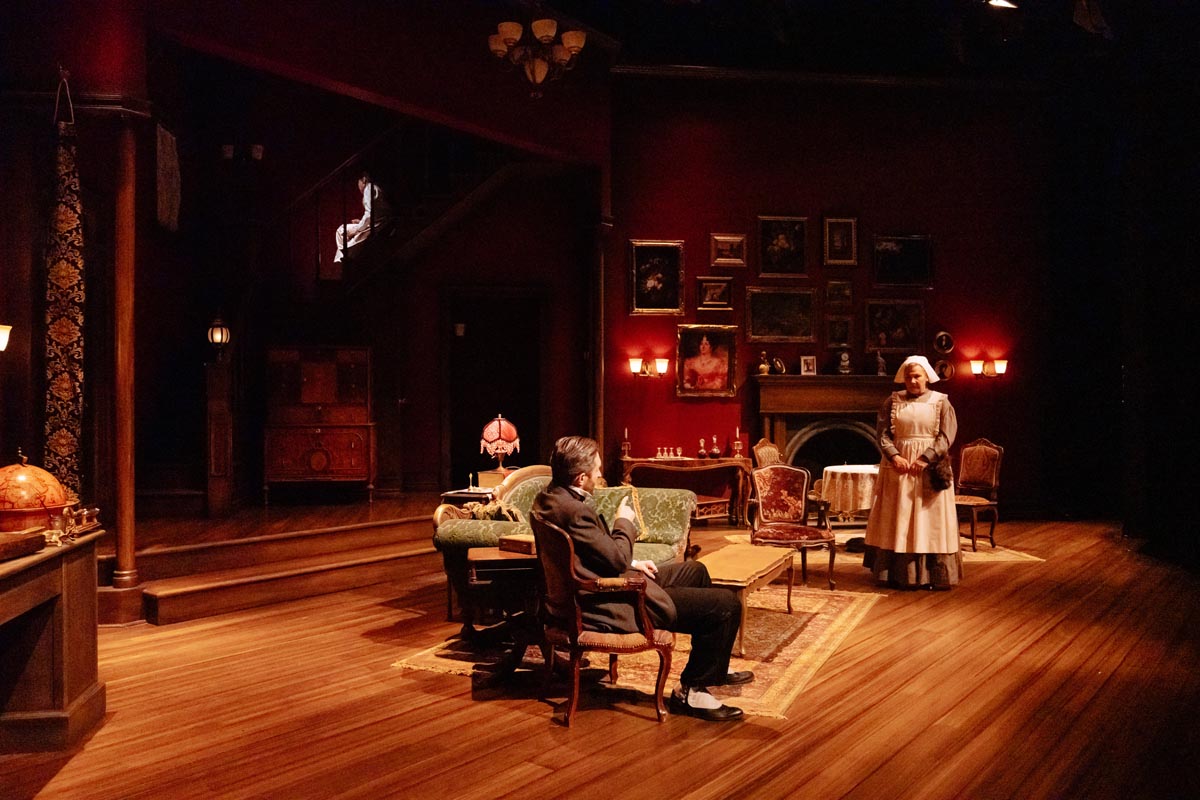
JAMES
Part of the job of the artistic director is to provide a vision forward in regard to the theatre and the plays it produces. Next season you’ll be designing your first season as Artistic Director of Vertigo Theatre. I’m curious to know what goes through your mind as you’re picking the plays you want to produce and designing an overall season.
JACK
It’s a great question. It’s a huge one. Because you’re encapsulating quite a bit. As an artistic director you have to imagine that there are maybe thirty or forty balloons that you’re trying to hold all the strings together on. First is the theatre you’re working at and its mandates. You have to serve that. Then you have to serve the needs of the patrons, the donors, the staff, the marketing, the board, the funders, the sponsors, the local community, and your own artistic interests.
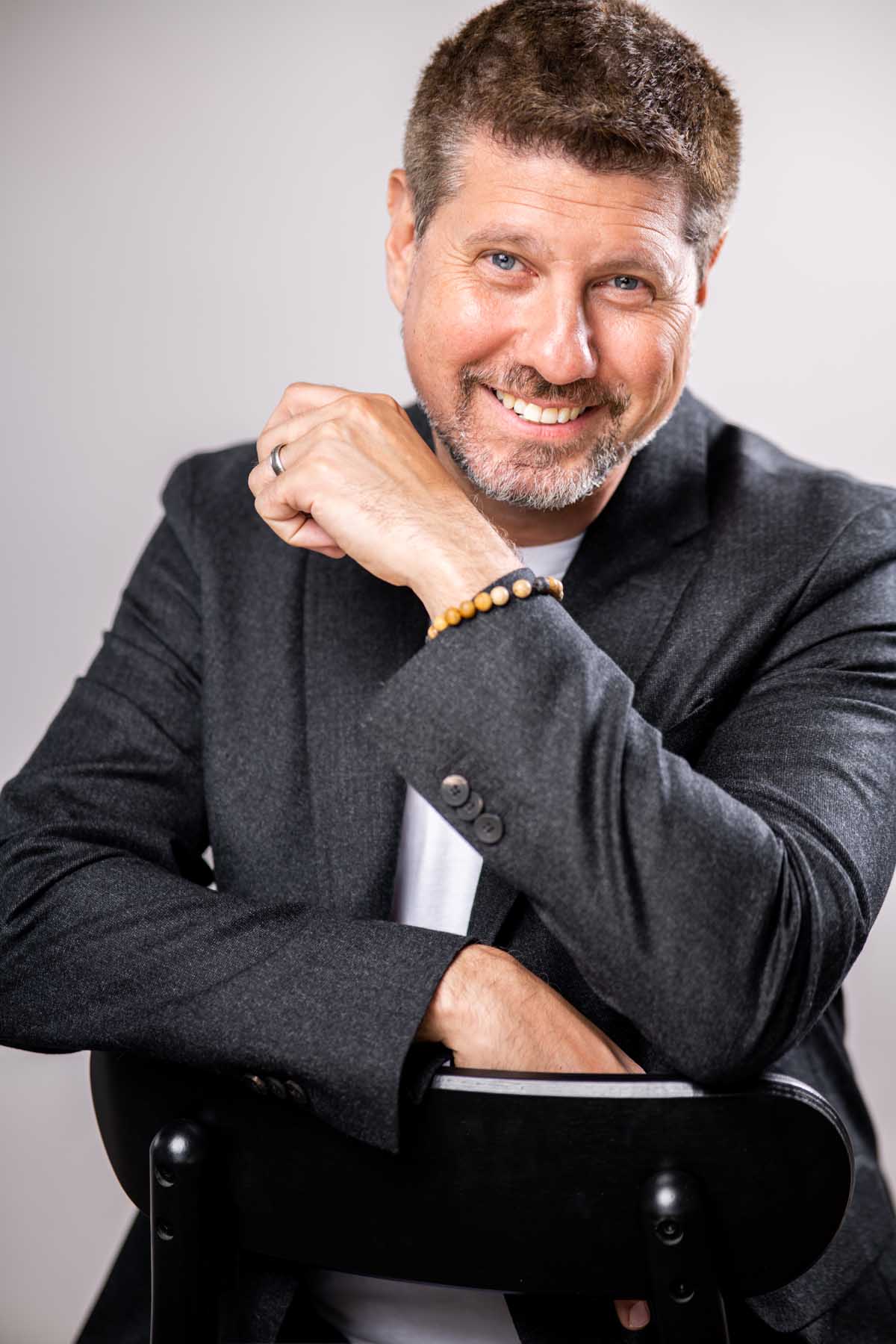
And, of course, you’re making sure that there is parody and equity in the voices and faces involved in projects. And I like to look at what the tone of the world is at the time, what’s going on in the ether at the moment. What’s the zeitgeist reading so that people always feel like there’s something interconnected in the works they’re seeing artistically.
Our current season I said was so much about people escaping isolation. Which is intriguing because that is exactly what we’ve all been doing. Next season is a season of what I call transformation. A season of people starting to look again at who they are and trying to affect the world around them and how that works. And to me, that’s very much what we’re doing now. We’re coming out of the pandemic and we’re asking ourselves, who are we now and how do we impact the world around us? And so, all the plays for next season were built around that thematic element.
And I’m interested in authenticity and intensity in the work. I think it’s really important that people are drawn into the stories and the emotional experience. And I love high theatricality, so I always pick plays that are really theatrical in nature, and I’m also interested in balancing seasoned and new audiences’ interests.
And so as an artistic director I’m trying to blend all of those things together in an exciting, engaging, and thrilling season and to offer something fun because people have been beaten up over the last little while and they want entertaining plays with great stories and I think that’s what makes Vertigo seasons so successful.
JAMES
While I was doing a little research on you and I came across Bound To Create Theatre which was formed in 2004 by yourself and Lauren Brotman. And on your website, it says in regards to the type of work you create that you are keenly interested in the beauty, boldness, and truth born from confronting the challenges that face the human spirit. So, what has been a highlight or two from the work that you’ve created with B2C Theatre about the challenges of being human and what sort of impact do you hope it’s had?
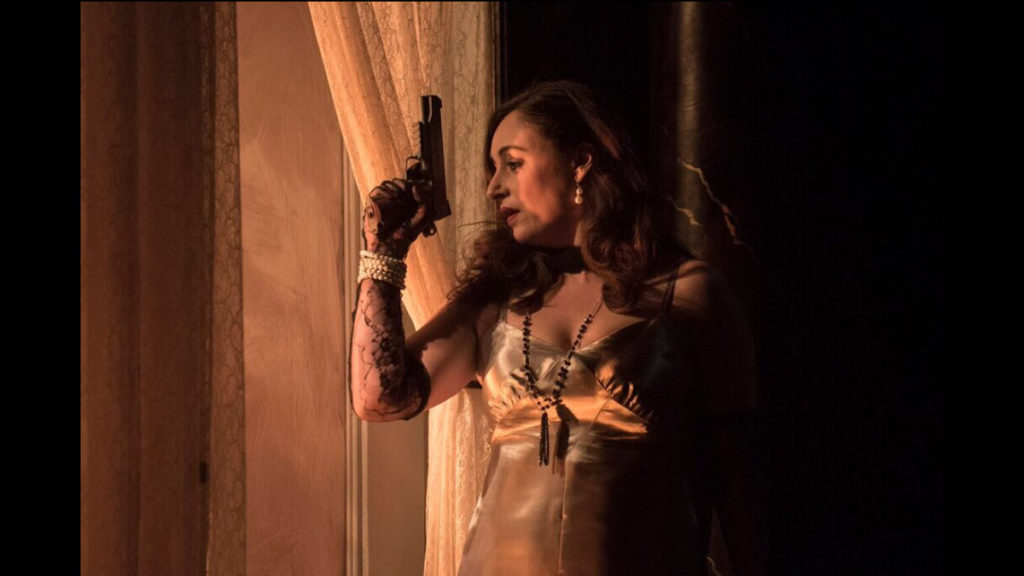
JACK
When we started the company we realized there were a lot of niche issues that were not necessarily being discussed and so we started taking on stories that we felt were about lesser-known issues and also exploring highly theatrical means and premiering incredible works by new voices in theatre.
One that really sticks out for me is dirty butterfly by Jamaican British playwright debbie tucker green, which is kind of a poetic piece about the collateral damage of domestic abuse. We had this incredible underbelly storyline, and we’re also premiering in North America for the first time this incredible black playwright from the UK. Obsidian Theater, who’s the premier black company in Canada, partnered with us for that.
And it was incredible because we would have women’s shelters coming to see the shows and women coming out saying, “You know, seeing your show made me understand that I’m not alone.” And when you hear that – that’s kind of everything. Martha Graham once said that if she affected one person in her show in the entire run then it was worth it. And now debbie tucker green’s work is world-renowned.
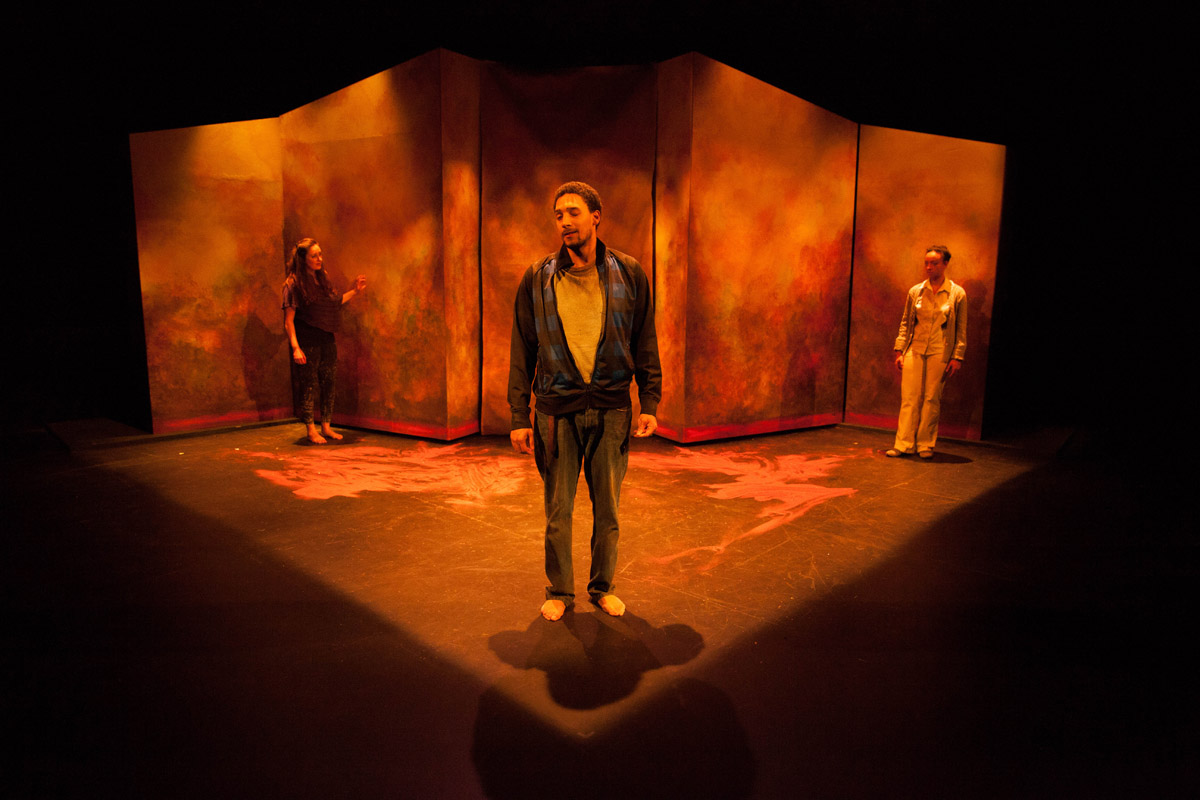
Also, Meegwun Fairbrother’s Isitwendam (An Understanding) which was a play about a young man who is half indigenous and half white and he goes to work for the Conservative Government and his first job is to go and discredit a residential school survivor’s reparation claim. And when he goes there his whole life is turned upside down as he finds out about residential schools. We started this fifteen years ago and now we’re hearing more about residential schools, but at the time that was not a subject that most places or people were interested in negotiating.
We worked with Native Earth in Toronto that premiered our play and we toured it all over the country and it was just a real opportunity to deal with a really important issue but in a really unique way. It was a detective fiction basically because it was about a young man who is trying to figure out the mystery of his missing father. And it ends up that his father was at one of the schools and had taken his life. That’s what started to pull me into the detective genre because I co-wrote and co-created it with Meegwun Fairbrother – the writer – the creator. He brought his story and I sort of created this bubble of detective fiction and Lauren and I sort of tweaked and worked in that. And so that was really exciting.
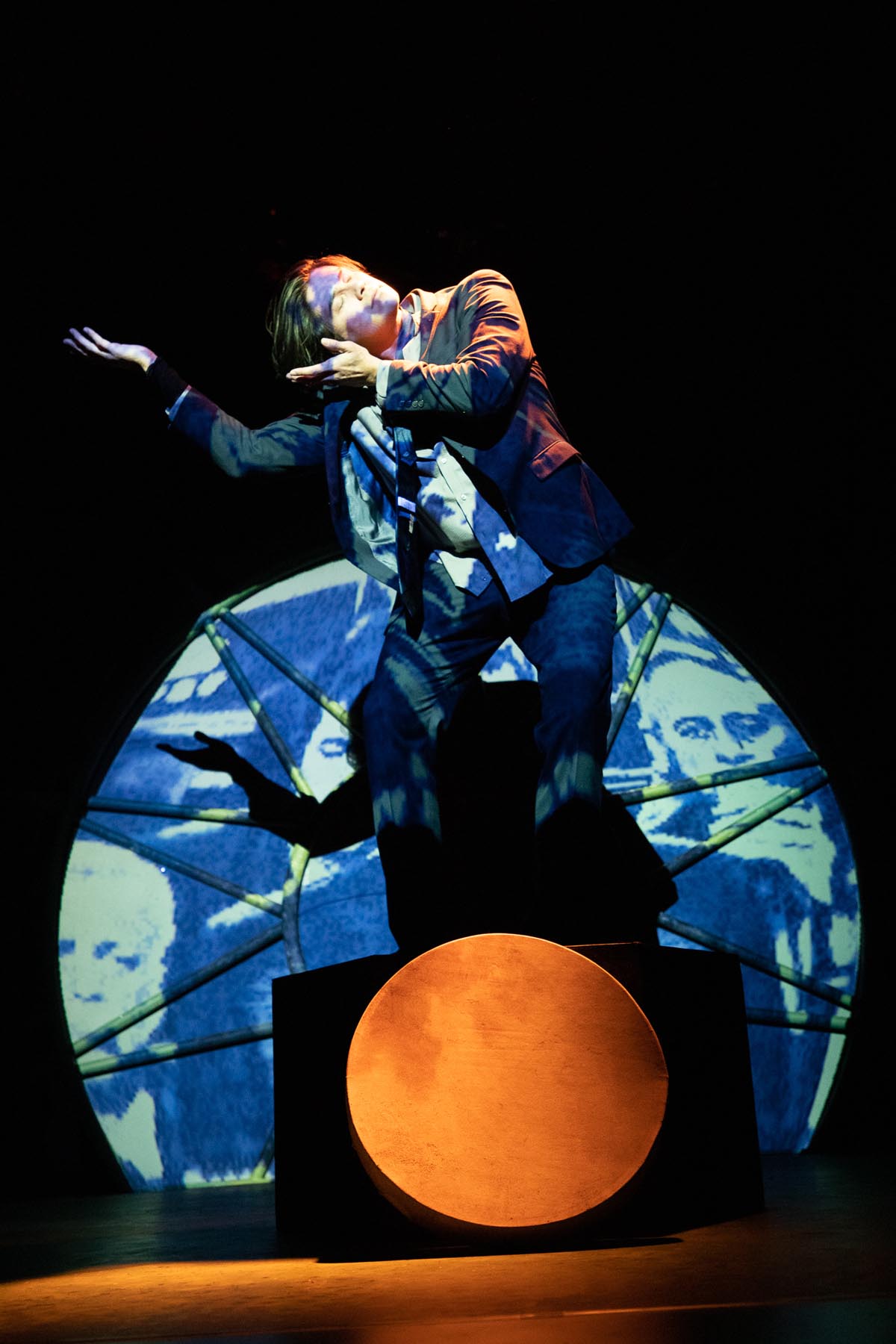
For the first fifteen years or so we were purposefully tackling things that we just didn’t think people did. And we were very lucky to have a very strong audience and community-based support behind it. And it was really exciting. And we learned how to do everything – write, produce, direct and it really defined who we were as artists and our integrity as artists and our passion and how hard we work.
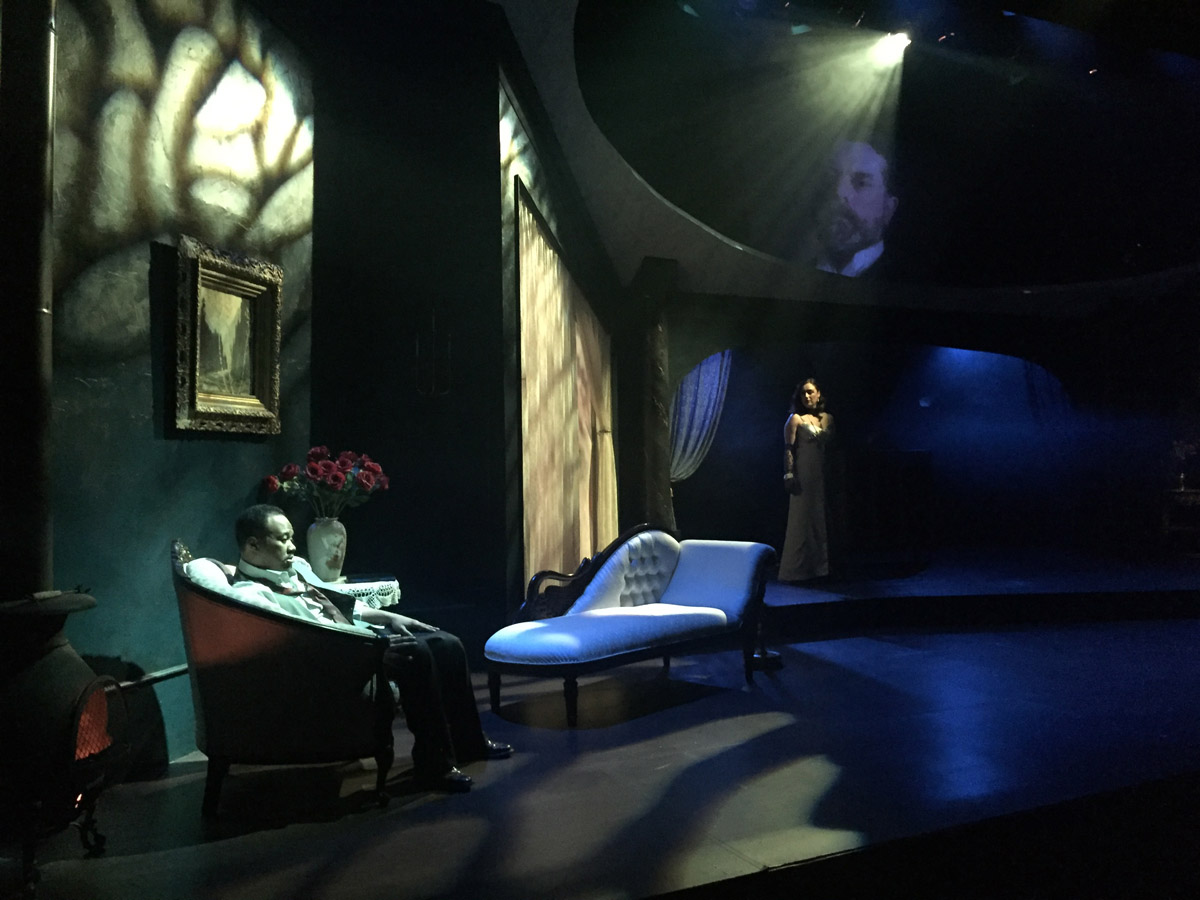
JAMES
For my last question let me set the scene for you. It’s been a weekend where you and a number of other artistic leaders from the Calgary community have been brought together at a remote mansion by an eccentric millionaire named Sir Cedric Digglesworth who wants to leave his fortune to the arts community, but rumours are rampant that not everyone is on his good list and he’s about to change his will. Then in the middle of the night, a gunshot rings out and when everyone rushes into the library they find you holding the proverbial smoking gun and the lifeless body of our famous arts patron Sir Digglesworth lying dead at your feet. You stand wrongly accused of murder. What famous fictional detective would you want to investigate the crime and clear your name and why would you want to pick that particular detective?
JACK
This one is going to be the shortest answer and the easiest one for me. I would take Batman, the Dark Night Detective, any day of the week. Batman would come in and not only solve the crime, but he would equally punish the appropriate criminal in a way that would be a more fitting justice than maybe what the cops would. And so my go-to is always going to be Batman.
JAMES
Was Batman a hero when you were a kid?
JACK
Oh, of course. I had all the comics on the walls and all the books as well. And he’s called the Dark Night Detective, you know, and the new Batman is that detective genre style.
JAMES
Do you have a favourite Batman?
JACK
Listen, I’m a kid in the nineties, so I gotta go with Keaton. The sound of his voice is always going to be Batman to me. And my favourite actor ever is Jack Nicholson. It’s really hard to beat that joker.

